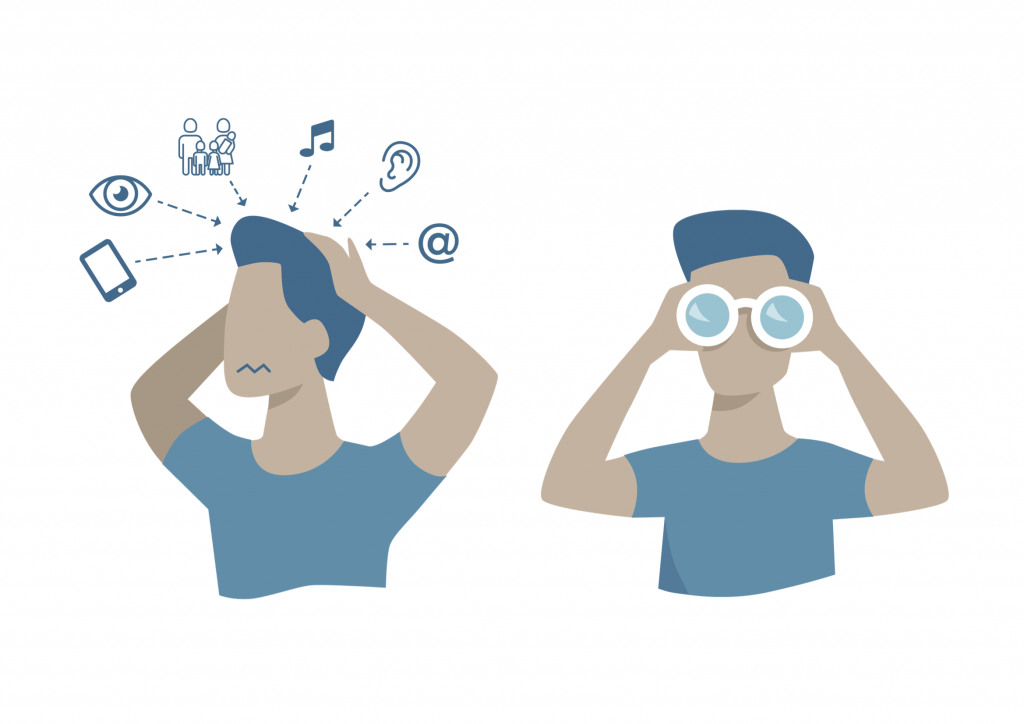This post is also available in Dutch.
For more information on high sensitivity, visit: https://sensitivityresearch.com/blogs/
Authors: Corina U. Greven, Sharell Bas, and Anouke A.W.E.A. Bakx
Buddy: Christienne Damatac
Editor: Rebecca Calcott
Translation editor: Marlijn ter Bekke
